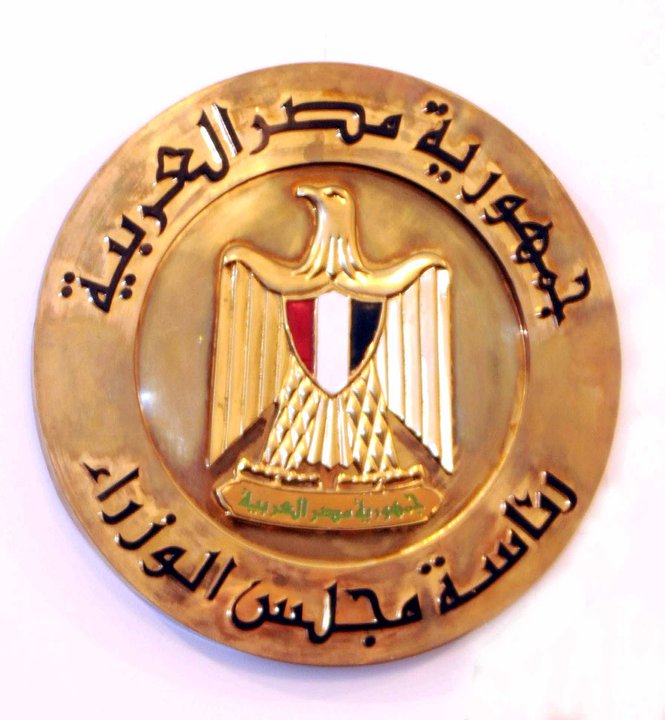Expert opinion on Egypt’s potential as a nuclear power producer
In recent weeks, Egypt has witnessed a flurry of activity, announcements and revelations concerning its now revitalized nuclear energy program.
Originally started in the 1950s, the program was stalled, seemingly permanently, in the 1980s.
In September, however, Gamal Mubarak, deputy chairman of the National Democratic Party (NDP), set off a firestorm when he announced that Egypt’s strategic energy needs could be met through the construction and use of several nuclear reactors.
During President Mubarak’s visits to Russia and China two weeks ago, the issue of exchange of nuclear technology expertise was addressed.
Both Russia and China pledged to help Egypt build and run nuclear reactors to provide energy to an ever-growing domestic consumer market.
The Daily Star Egypt spoke with nuclear chemist Dr. Abdel-Hakim Kandil, renowned expert in the field of nuclear energy, on his views regarding the current revival of the nuclear program in Egypt. This is the first of a two-part interview.
Kandil is a nuclear chemist who has taught at international universities including his alma mater, Florida State University, and currently teaches at Helwan University, where he helped create the Centers for Scientific Research and the Faculty of Sciences. He is director of the Center of Faculty and Leadership Development Program.
He has also been a member of the Atomic Energy Agencies of Egypt and Switzerland and has won various awards and honors for his work and commitment in the field.
What prompted the reassessment of the nuclear program?
The leader behind this of course is President Mubarak. Future power needs were the determining factor because Egypt produces only 21 million kilowatts of energy. In 10 years we will need 63 megawatts … For this reason it is a necessity that Egypt go into the nuclear program.
In the past there has been a lack of political will and determination to pursue the nuclear program – why was that the case?
The scientists always wanted this. In 1986, Chernobyl frightened everybody, not just Egypt. For this reason the electricity from nuclear reactors has leveled since then until now. But it is going up.
How much is Egypt capable of handling on its own?
Egypt can handle the electric power part of the nuclear station. I think we can handle some of the fuel cycle technologies, some of the cooling part of the reactor, but we need the help of other nations who have nuclear power stations.
Can you clarify what we are seeking from China, Russia, and other nations?
To answer this question we must first say, “We are going to build a nuclear reactor here. This reactor must have a power of so and so. We must first decide what kind of reactor we need . and then we can start to negotiate.
Where do we want to put this reactor?
In Al-Dabaa. There has been 30 years of research and we found that this is a very good place . I think now they are settled .because there is no real danger with the advanced technology now.
Why has there been no progress since the 1950s on this issue?
You are in a developing country; tourists are a very good source of the hard currency of this country and the people that are controlling this section [tourism] of course, they probably don’t want nuclear energy in this part of the world but people who are realistic think about the future of this country and the power needs.
You know it isn’t like the past. I grew up in a village – we didn t want any kind of power electricity. But the situation is completely different now. If you look to a five percent development rate then you need energy supplies for factories, production, and the competition is really tough right now.
So you see realistic people think of energy as a very important concept in the future of this country. So we say we have spent 30 years in Dabaa, we have made a weather station there, we have studied the geological construction there, we have studied the population density in this sector there, we have studied the water effects of the shore there.
We spent LE 300 million in this position so it is not really simple that we just look for another place. This is a good place.
Which type of reactor would you advise the government to acquire?
Pressurized boiling water reactors require enriched uranium as fuel. Enrichment technology cannot be done right now in Egypt . so I would say our dependence on fuel in the future should be a very simple technology.
These kinds of reactors are called breeding reactors. These can operate with natural uranium . and would produce its own fuel upon running.
You have to put into consideration political changes, for example, if you get fuel from other countries what would happen if they say, ‘We won’t give you this fuel anymore.’ What would you do then?
Is there consensus among experts regarding the breeder type of reactor?
Some of them agree. Some of them say the CANDO reactor works also with natural uranium but the moderation is done with heavy water. We are always scared of fuel – the source and there are also problems with what you will do with the spent fuel.
After two years of operation you’ll have to change a third or a quarter of the fuel inside the reactor. This is about 100 tons of uranium . You have to change this and put new fuel . These are all problems. In Egypt they have to really discuss this very carefully.
Where will we get fuel from?
There are rumors that Egypt doesn’t have fuel, but Egypt does have some uranium anthurium. But this is a question that hasn’t been answered yet. We also have fuel-manufacturing technology in Egypt.
